Categories → #biology
-
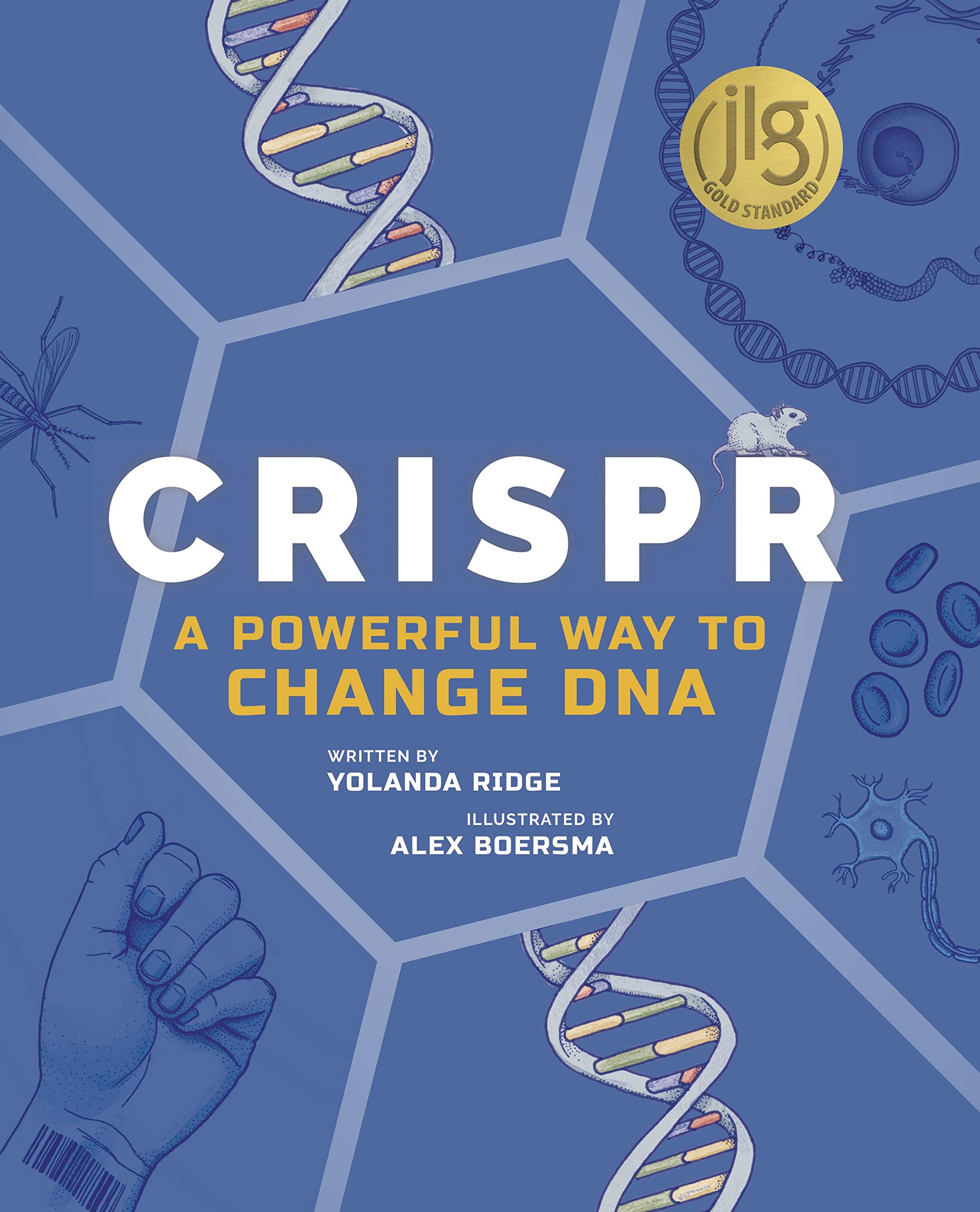 CRISPR: A Powerful Way to Change DNA
CRISPR: A Powerful Way to Change DNAWe can change the world with gene editing—but should we?
-
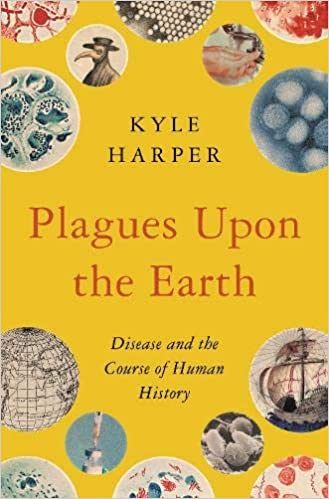 Plagues upon the Earth: Disease and the Course of Human History
Plagues upon the Earth: Disease and the Course of Human HistoryHow pathogenic microbes have been an intimate part of human history from the beginning--and how our deadliest germs and biggest pandemics are the product of our success as a species
-
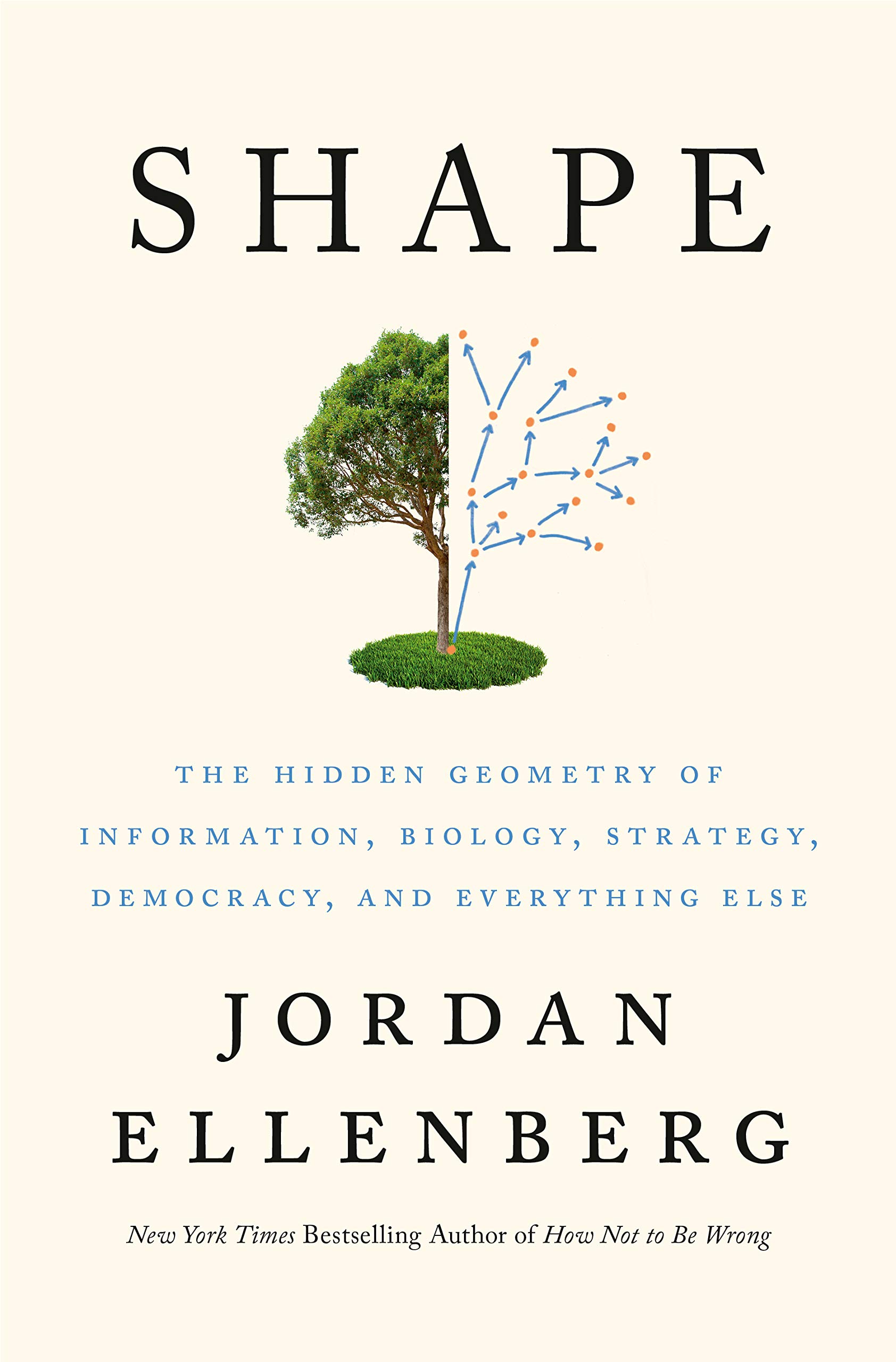 Shape: The Hidden Geometry of Information, Biology, Strategy, Democracy, and Everything Else
Shape: The Hidden Geometry of Information, Biology, Strategy, Democracy, and Everything ElseHow should a democracy choose its representatives? How can you stop a pandemic from sweeping the world? How do computers learn to play Go, and why is learning Go so much easier for them than learning to read a sentence? Can ancient Greek proportions predict the stock market?
-
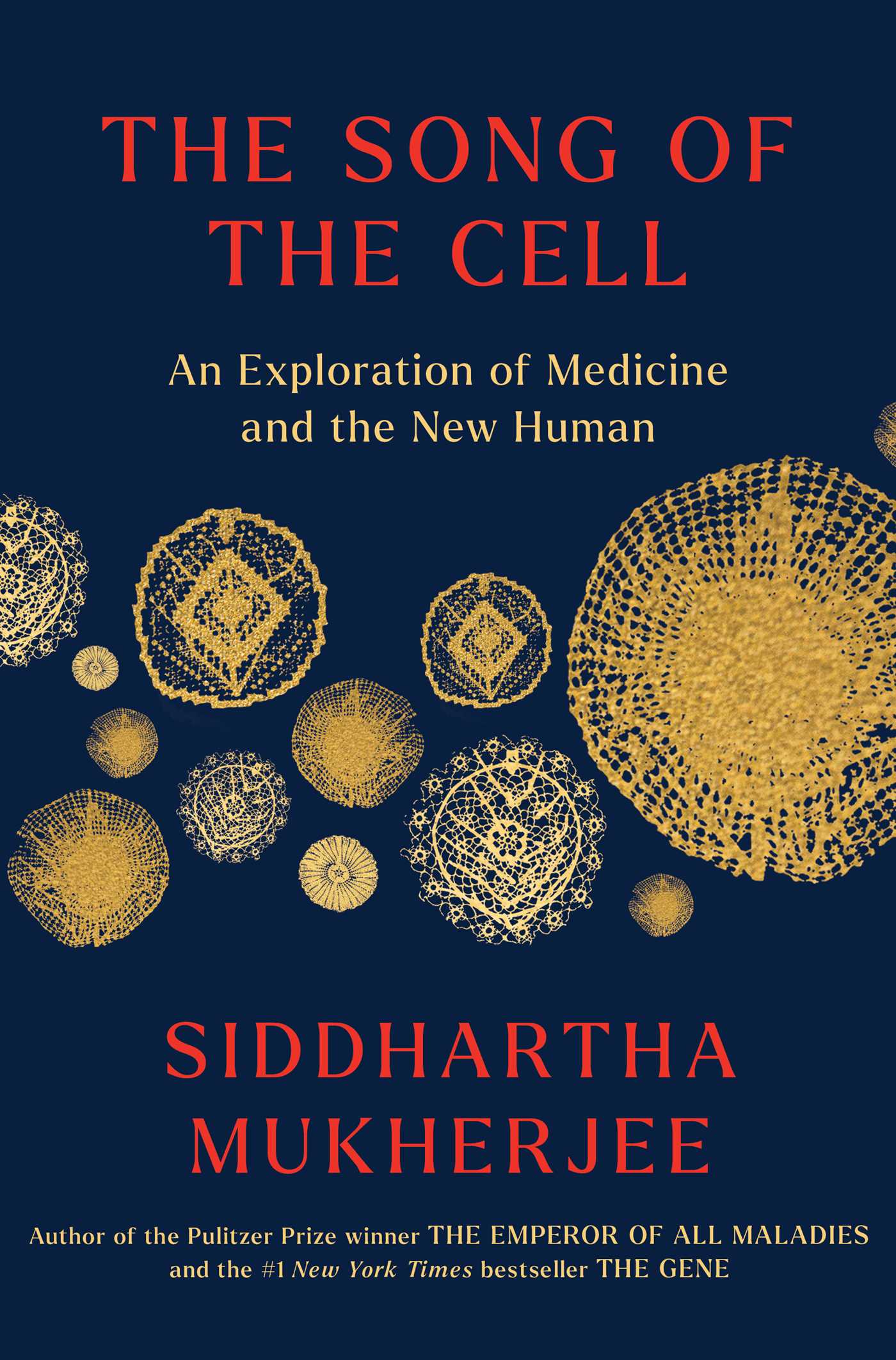 The Song of the Cell: An Exploration of Medicine and the New Human
The Song of the Cell: An Exploration of Medicine and the New HumanThe discovery of cells—and the reframing of the human body as a cellular ecosystem—announced the birth of a new kind of medicine based on the therapeutic manipulations of cells.
-
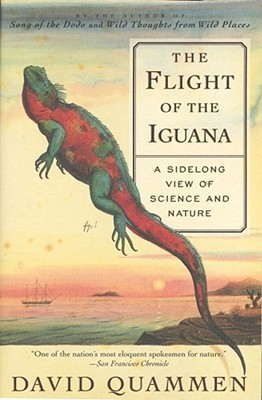 The Flight of the Iguana: A Sidelong View of Science and Nature
The Flight of the Iguana: A Sidelong View of Science and NatureFrom tales of vegetarian piranha fish and voiceless dogs to the scientific search for the genes that threaten to destroy the cheetah, Quammen captures the natural world with precision. Throughout, he illuminates the surprising intricacies of the natural world, and our human attitudes towards those intricacies.
-
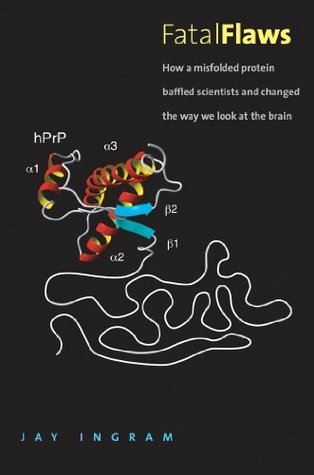 Fatal Flaws: How a Misfolded Protein Baffled Scientists and Changed the Way We Look at the Brain
Fatal Flaws: How a Misfolded Protein Baffled Scientists and Changed the Way We Look at the BrainMost people have never heard of prions. Indeed, most are only barely aware of the diseases caused by them, except, perhaps, for mad cow disease. Yet prions are the stuff of a revolutionary science? a science that might lead to cures for some of humankind's most devastating diseases
-
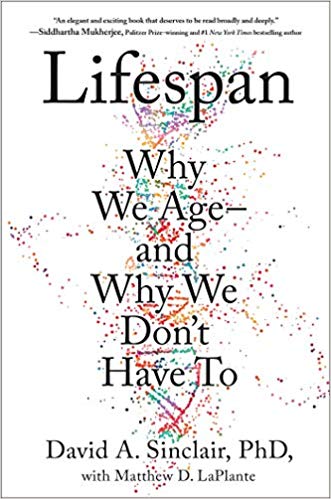 Lifespan: Why We Age―and Why We Don't Have To
Lifespan: Why We Age―and Why We Don't Have ToIt’s a seemingly undeniable truth that aging is inevitable. But what if everything we’ve been taught to believe about aging is wrong? What if we could choose our lifespan?
-
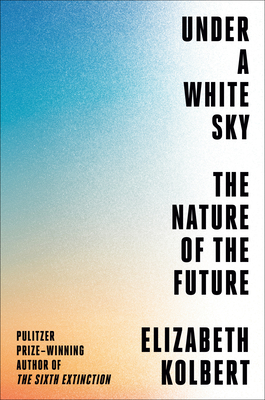 Under a White Sky: The Nature of the Future
Under a White Sky: The Nature of the FutureAfter doing so much damage, can we change nature, this time to save it?
-
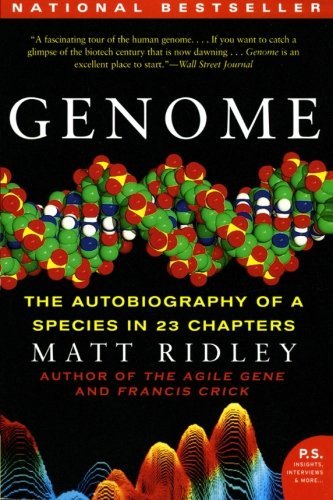 Genome: The Autobiography of a Species in 23 Chapters
Genome: The Autobiography of a Species in 23 ChaptersFrom Huntington's disease to cancer, from the applications of gene therapy to the horrors of eugenics, Ridley probes the scientific, philosophical, and moral issues arising as a result of the mapping of the genome.
-
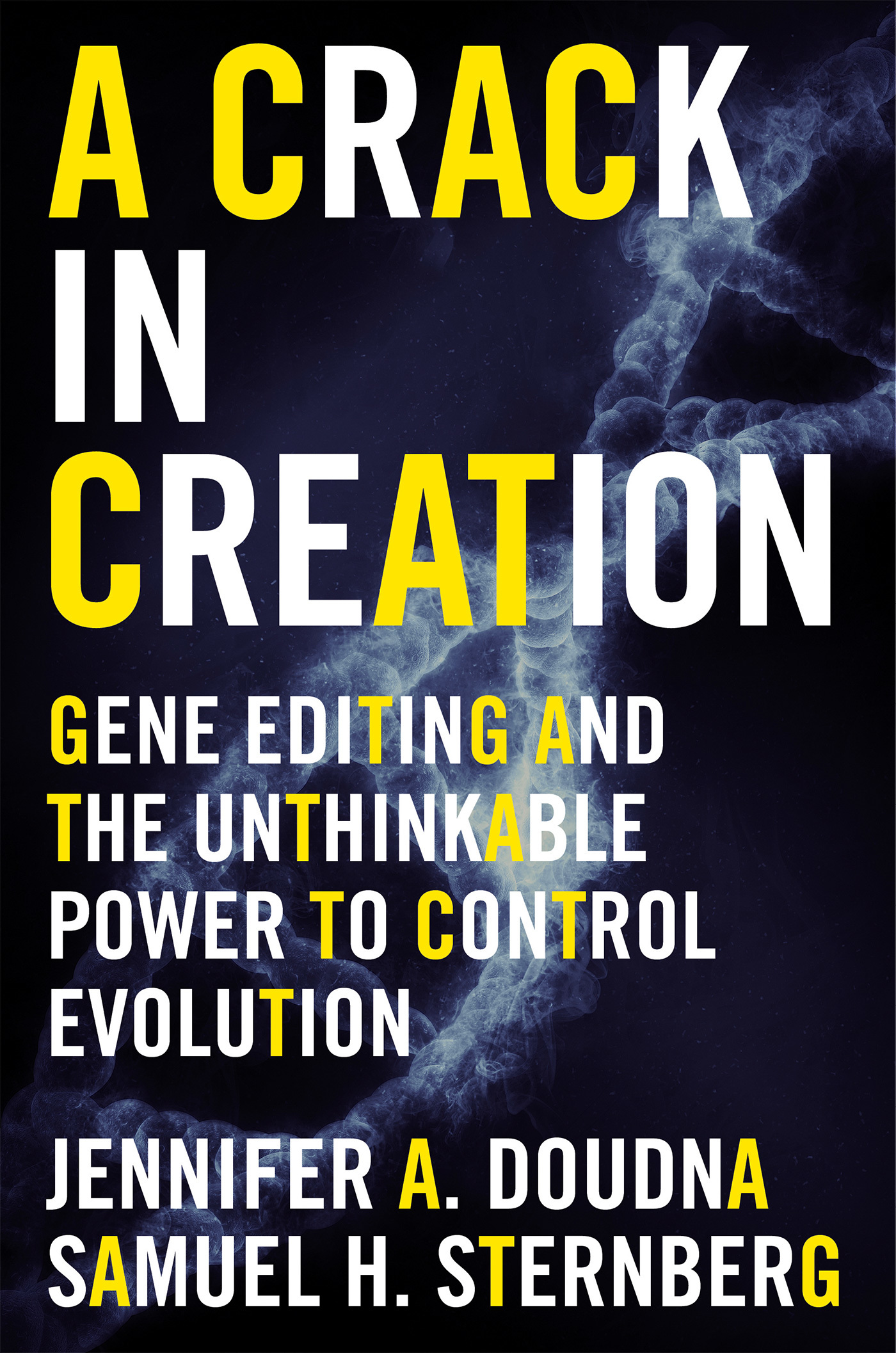 A Crack in Creation: Gene Editing and the Unthinkable Power to Control Evolution
A Crack in Creation: Gene Editing and the Unthinkable Power to Control EvolutionTwo scientists explore the potential of a revolutionary genetics technology capable of easily and affordably manipulating DNA in human embryos to prevent specific diseases, addressing key concerns about related ethical and societal repercussions.